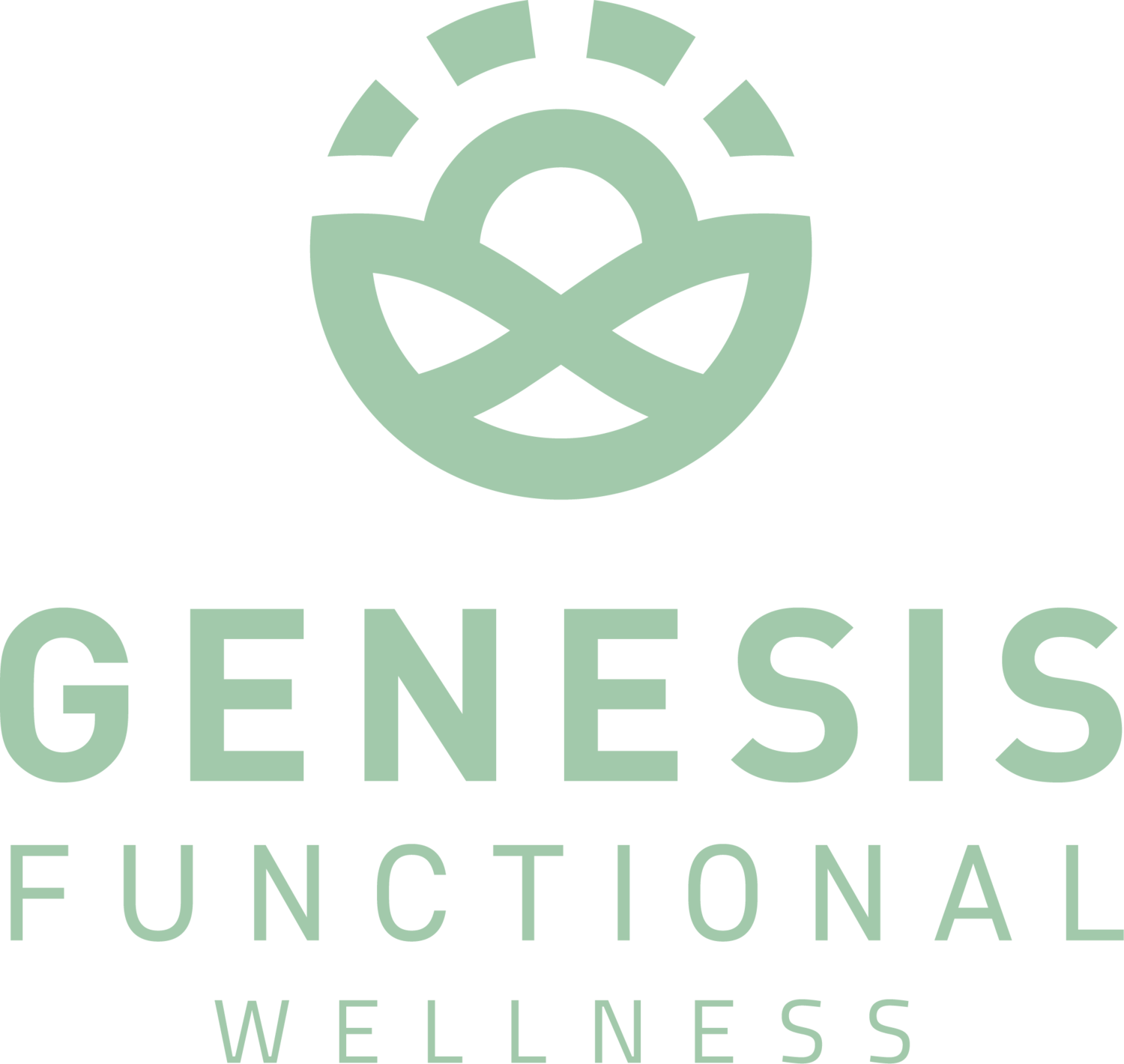Zinc and Selenium and Their Effect on Thyroid Health
If you’ve been following us, you know our passion for restoring the health of those suffering. In our experience, many of our patients, particularly women, do not have optimal function of the thyroid. You may remember that the thyroid is a butterfly-shaped gland in the lower front of the neck. Its responsibilities include:
Regulating metabolism
Heart function
Digestion
Muscle control
Bone maintenance
Mood regulation
Brain development
There are a number of nutrients that contribute to thyroid health. In this article, we’ll discuss two of them: selenium and zinc.
Selenium
Selenium is an essential trace element that’s found in the soil. Selenium is found naturally in water and in some foods, including Brazil nuts, fish, ham, pork, beef, turkey, chicken, eggs, brown rice, mushrooms, oatmeal, spinach, lentils, cashews, bananas, some dairy products, and some enriched food products.
Selenium has wonderful antioxidant properties, which protect against oxidative damage and infections. Lack of selenium has been associated with a number of conditions, including heart disease, neuromuscular disorders, cancer, male infertility, and inflammation. Selenium has been positively associated with mammalian development, immune function, and even delaying the progression of AIDS in HIV-positive patients (1). Selenium is thought to have these protective effects because of its positive influence on immune response. Those who especially need to watch for a selenium deficiency are those who have digestive issues, such as Celiac disease or Crohn’s disease due to a lowered ability to absorb nutrients.
Selenium and the thyroid
Selenium is also key to thyroid health. It is a necessary micronutrient for thyroid hormone synthesis and function. The concentration of selenium in the thyroid is higher than in any other organ in the body and is needed for optimal thyroid function. Selenium works together with iodine to activate three different selenium-dependent iodothyronine deiodinases, which can then activate or deactivate thyroid hormones. This process (and selenium) is essential for normal growth, development, and metabolism (2).
Selenium deficiency is associated with hypothyroidism, Hashimoto’s, an enlarged thyroid (goiter), thyroid cancer, and Graves’ disease.
One study with 1900 participants found an inverse relationship between serum selenium concentrations and thyroid volume. They also observed a protective effect of selenium against goiter and thyroid tissue damage. In this particular study, these results were significant only for the women participants (3).
Another study looked at the effects of selenium on Graves’ orbitopathy, which is thyroid eye disease from hyperthyroidism (when the thyroid gland produces too much thyroid hormone). The researchers compared treatment with selenium to treatment with pentoxifylline, which is an anti-inflammatory. The selenium treatment group reported an improved quality of life, reduced ocular involvement, and slowed progression of Graves’ orbitopathy in comparison to the pentoxifylline treatment group (4).
Table information from https://ods.od.nih.gov/factsheets/Selenium-HealthProfessional/
* IT IS IMPORTANT TO NOTE THAT WITH A THYROID CONDITION, THESE DOSE RECOMMENDATIONS WILL INCREASE.
Zinc
Zinc is another trace element that is essential for growth, development, and a healthy immune system. Zinc also has a major impact on the nervous and reproductive systems (5).
Zinc is found in meat (including beef, lamb, and pork), shellfish, legumes, hemp seeds, pumpkin seeds, squash seeds, sesame seeds, pine nuts, peanuts, cashews, almonds, eggs, whole grains, potatoes, green beans, kale, dark chocolate, and dairy products.
Zinc and the thyroid
Zinc is another element that is needed for the synthesis of thyroid hormones. Zinc is needed for the production of hormones T3, T4, and thyroid stimulating hormone (TSH).
A deficiency in zinc can lead to hypothyroidism. On the other hand, hypothyroidism can lead to a zinc deficiency, as thyroid hormones are required for the absorption of zinc. When supplementing with thyroid hormones, taking a zinc supplement is also important (6).
In a case study with two college women who were zinc deficient, researchers asked the women to supplement with zinc for four months. At the end of four months, both women showed improvement on all thyroid levels (especially T3) as well as resting metabolic rate (7).
Another research study showed that taking zinc alone or in combination with selenium can improve thyroid function in women who have hypothyroidism (8)
Table information from https://ods.od.nih.gov/factsheets/Zinc-HealthProfessional/
* IT IS IMPORTANT TO NOTE THAT WITH A THYROID CONDITION, THESE DOSE RECOMMENDATIONS WILL INCREASE.
For optimal thyroid health, we recommend testing for your levels of these important trace elements. We will work with you to address deficiencies and supplement adequately, but without moving into toxic levels of selenium or zinc. Making sure your selenium and zinc levels are at optimal levels will improve your thyroid health along with your overall health and wellness.
Works cited:



